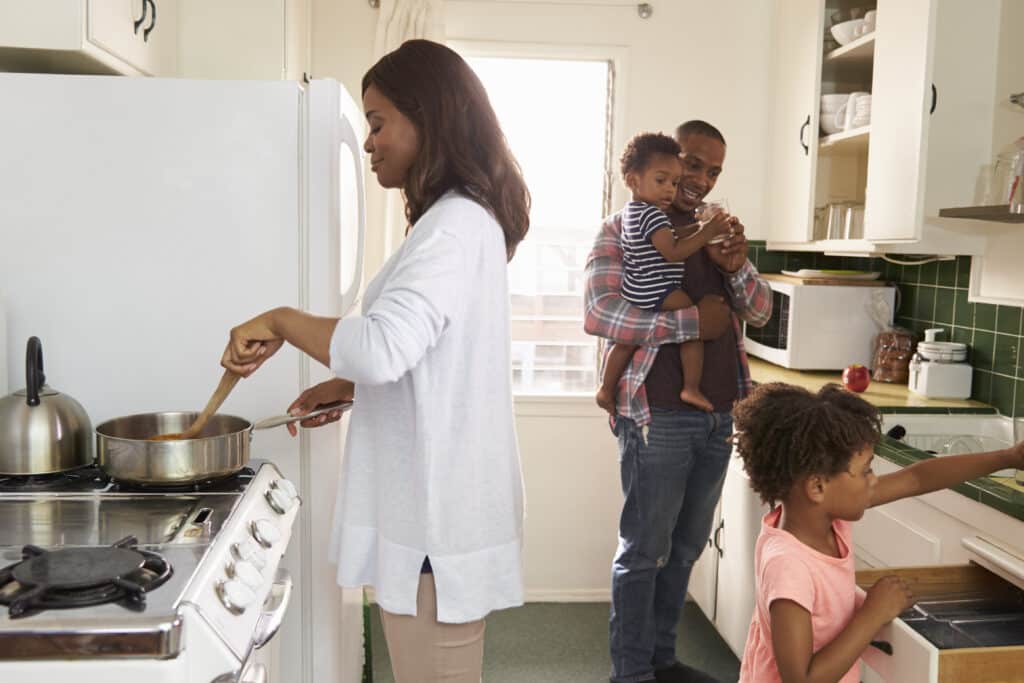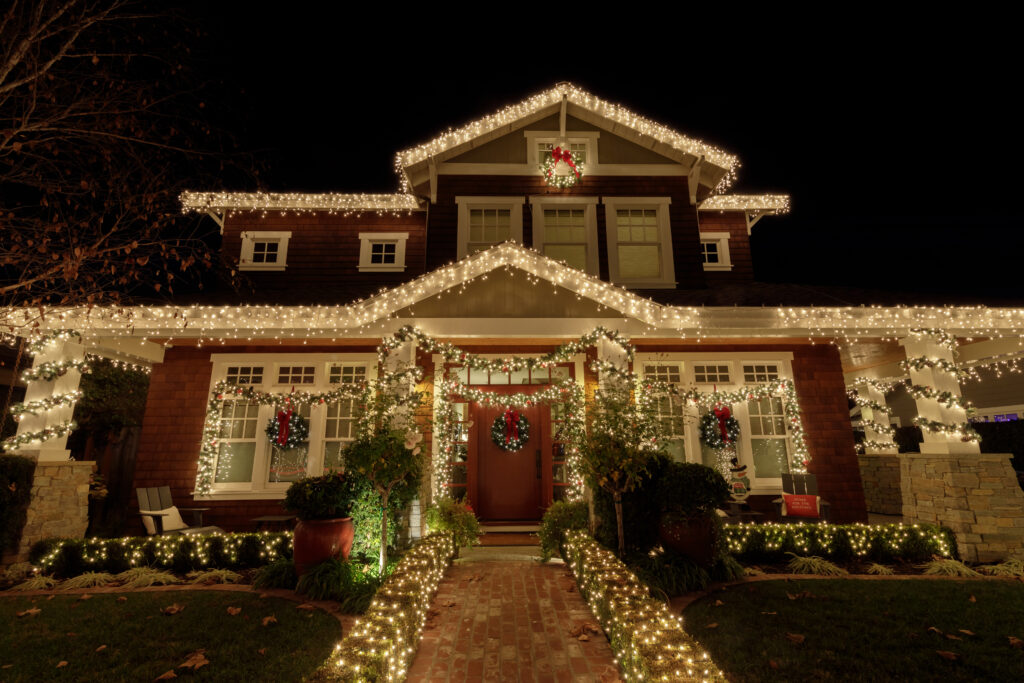Monthly household expenses include many different things, most of which are essential for you and your family. Creating a household budget can be a helpful way to ensure that you have money available to keep up with the regular monthly bills and that you’re also prepared for unexpected expenses that may come up.
The best way to plan your budget is to make a list of all the recurring expenses in your household. Some, like rent, are probably the same amount each month. For bills that may vary (like gas and electric), it’s a good idea to look at the past year and take into account the amount and timing of the higher bills—for example, in the winter months, you may have used your heater more often and spent more on electricity.
Here are some key categories to include in your household budget:
Rent or mortgage payment
- Your monthly housing payment, whether it’s rent or a mortgage payment, is of course a critical monthly expense.
Utilities
- Utility bills typically include electricity, natural gas, water, internet, and garbage service may be due monthly, or in some cases quarterly. As you plan out your budget, it’s a good idea to set an autopay for these types of bills.
- If you’re worried about an unexpectedly high bill payment auto-debiting more than you have available, you can usually set a maximum amount for autopay. Then, if there’s a month your bill is unusually high, you can make sure you have the funds available and then pay the additional amount. And for our tips on keeping utility costs down, check out our article 13 ways to save on utilities.
Groceries
- In addition to shelter and utilities, you—and any family members who live with you—will of course need to plan for food costs. Taking a look at your last 6 months or so of grocery costs will help you determine the average you need to budget for each month.
- For some tips on how to get the most for your money at the grocery store, check out our article about how to grocery shop on a budget.
Transportation
- If you have a car, you’ll want to include your monthly car payment, insurance, and gas expenses in your budget, as well as routine maintenance like oil changes. For some tips on how to keep car expenses down, read our article on how to budget and save on car maintenance.
- If you use public transit, you’ll also want to include those fare costs in your budget.
Renter’s or homeowner’s insurance
- If you have a monthly insurance bill, whether for a renter’s or homeowner’s policy, you’ll want to include that amount in your budget.
Child care
- If you have children at home, you may have daily daycare expenses, and/or weekly babysitting costs that should be a part of your monthly budget.
Pet food and care
- Do you have a furry (or feathered, or finned) friend living with you? If you do, you’ll want to plan for the cost of their food, and any other regular expenses like veterinary checkups, cat litter, etc.
- If you’re thinking about adopting a dog, our article on the real cost of having a dog is helpful for knowing what costs you can expect.
Entertainment and dining out
- After the essentials are covered, it’s important to plan for the things that you enjoy doing in your free time. This might include eating out at a restaurant, movies, museums, or other fun activities.
Miscellaneous and one-time expenses
- It can be good to have a little extra cash available for the general, unexpected things that might come up for your household—maybe you need to purchase a sports team uniform for your child, or have to pay out-of-pocket for a dental crown.
- If you own your home, you’ll also want to take into account things like maintenance and repairs—you may need to have a roof leak fixed, for example, or replace a hot water heater. A good rule of thumb is to keep 1% of your home’s total value on hand for these types of unexpected repairs. (For example, if your home is worth $280,000, you’d budget $2,800 per year, which would be $233 each month.)










